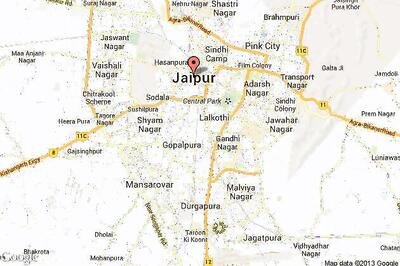
views
Bamako: Mali's president has named a new government after its predecessor resigned last month amid widespread protests over an upsurge of deadly inter-communal violence, a presidency statement said.
Ibrahim Boubacar Keita on Sunday announced the new executive of 37 members under Prime Minister Boubou Cisse, who was appointed on April 22 to oversee the formation of a "broad-based" government.
Last week, Cisse signed a pact with opposition and majority party representatives in the capital Bamako, declaring their willingness to set up a "politically-inclusive" new government.
Cisse's predecessor Soumeylou Boubeye Maiga and his entire cabinet resigned on April 18 following the massacre of some 160 members of the Fulani herding community on March 23 in the village of Ogossagou near Mali's border with Burkina Faso.
Tens of thousands of people took to the streets on April 5 to protest against an upsurge of violence that has claimed around 600 lives, and which demonstrators said the government had failed to stop.
The new executive has as its foreign minister Tiebile Drame, who led the election campaign of opposition member Soumaila Cisse against Keita in 2018.
Cisse's URD party said it would continue to play a "constructive" opposition role.
The key portfolio of defence went to General Ibrahim Dahirou Dembele, former army chief of staff under the junta that emerged from a 2012 coup.
The role of justice minister went to Malick Coulibaly, president of Mali's National Commission for Human Rights (CNDH), who has held the post before.
UNAIDS chief Michel Sidibe, whose tenure at the agency was marred by allegations of serious mismanagement, was appointed health minister, the agency said.
It was not immediately clear whether Sidibe will leave his UN post. But he had been scheduled to stand down in June following widespread concerns over his conduct in
office, including his handling of sexual assault allegations against one of his top deputies.
The new Mali government includes ten women, more than a quarter of the total but fewer than the previous team, which boasted about a third.
Since the appearance of a jihadist group under preacher Amadou Koufa in central Mali in 2015, recruiting mainly among the Dogon -- a hunting and farming community -- clashes between the Dogon and the nomadic Fulani have intensified.
Last week, the UN's MINUSMA mission said the Ogossagou massacre had been "planned, organised and coordinated" and could constitute a "crime against humanity."


















Comments
0 comment